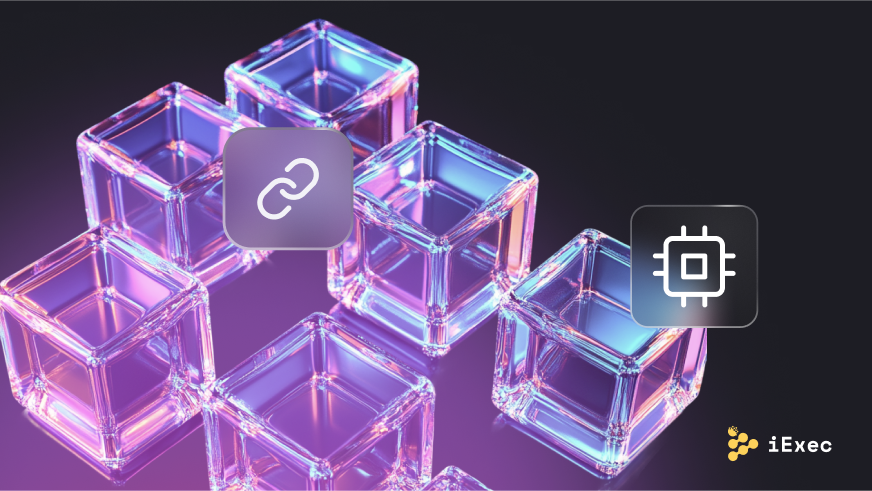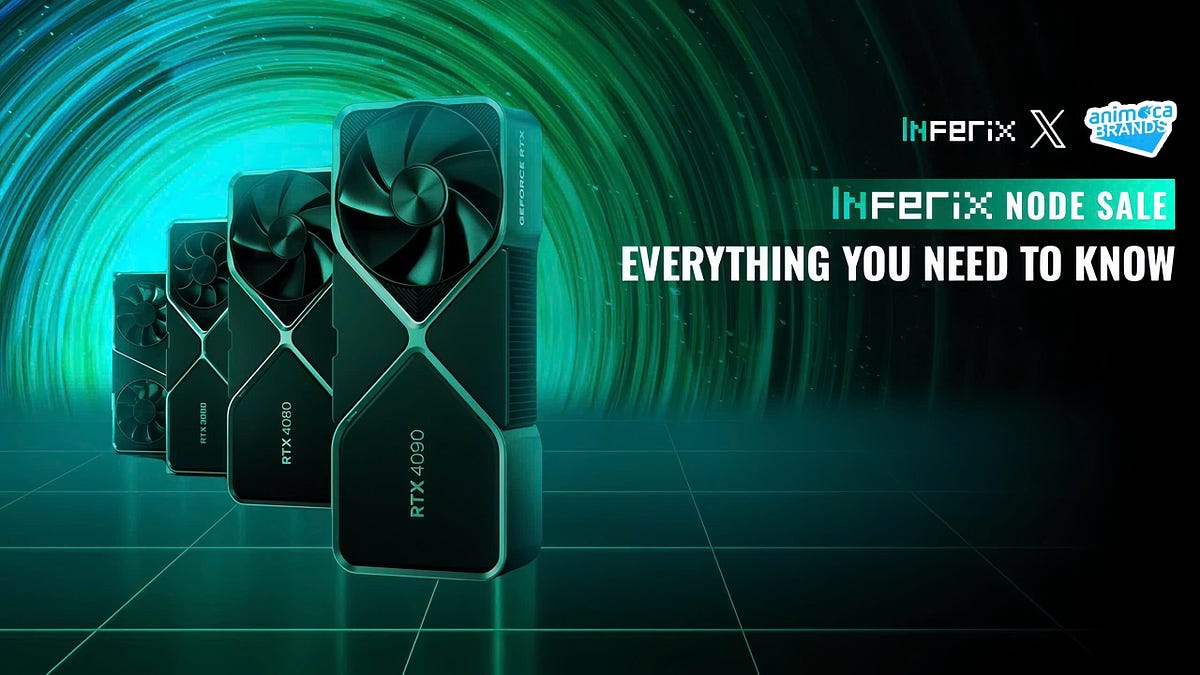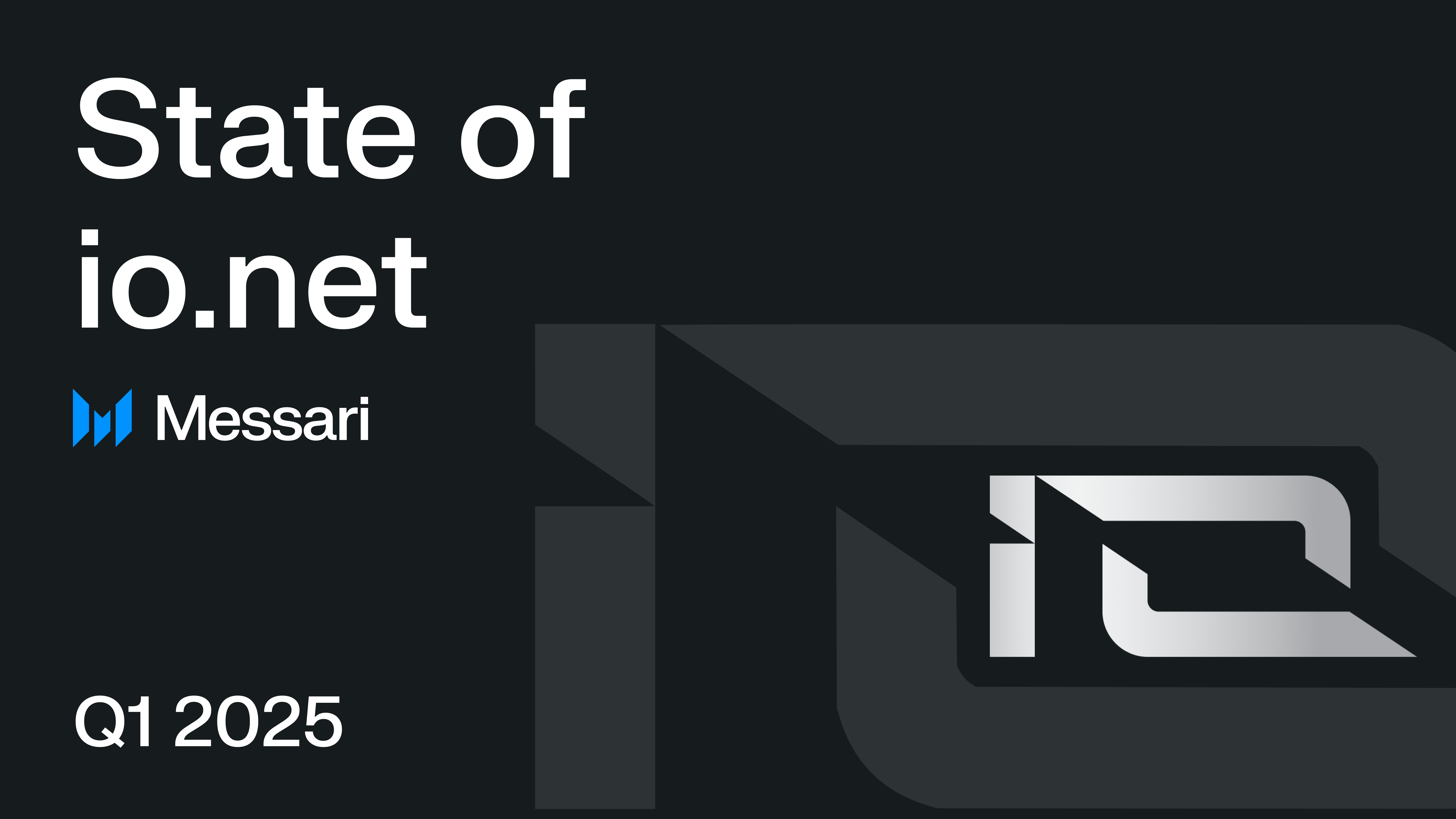Nicholas Zaldastani Discusses Blockchain's Impact on Data Ownership and Security
In a recent episode of Hashing It Out, Nicholas Zaldastani, the chairman and co-founder of CESS, discussed the transformative power of blockchain technology in the realm of data ownership and security. Reflecting on his tenure at Oracle in the late 1980s, Zaldastani noted the exponential growth in the value of data, which has become a cornerstone of the global economy. As digital information increasingly dictates various aspects of life, the urgency surrounding data privacy and security has intensified, prompting discussions on decentralized storage solutions that empower users to retain control over their information.
Central to Zaldastani’s insights is the concept of data sovereignty, which advocates for individuals’ rights to manage their own data. He criticized traditional centralized storage systems for their vulnerabilities, often exposing data to unauthorized access and misuse. In contrast, decentralized networks like CESS offer innovative solutions by distributing data across multiple nodes, thereby enhancing security. Zaldastani explained that by breaking data into encrypted segments and replicating them across various locations, the risk of data breaches is significantly reduced, as accessing a single node yields only a fraction of the information.
The implications of decentralized data storage extend beyond individual privacy, influencing sectors such as non-fungible tokens (NFTs) and artificial intelligence (AI). As blockchain technology continues to evolve, it holds the potential to redefine how data is managed and secured, ensuring that users maintain ownership and control. The podcast episode serves as a vital resource for understanding these emerging trends and the future of data in a digital-first world.
Related News





